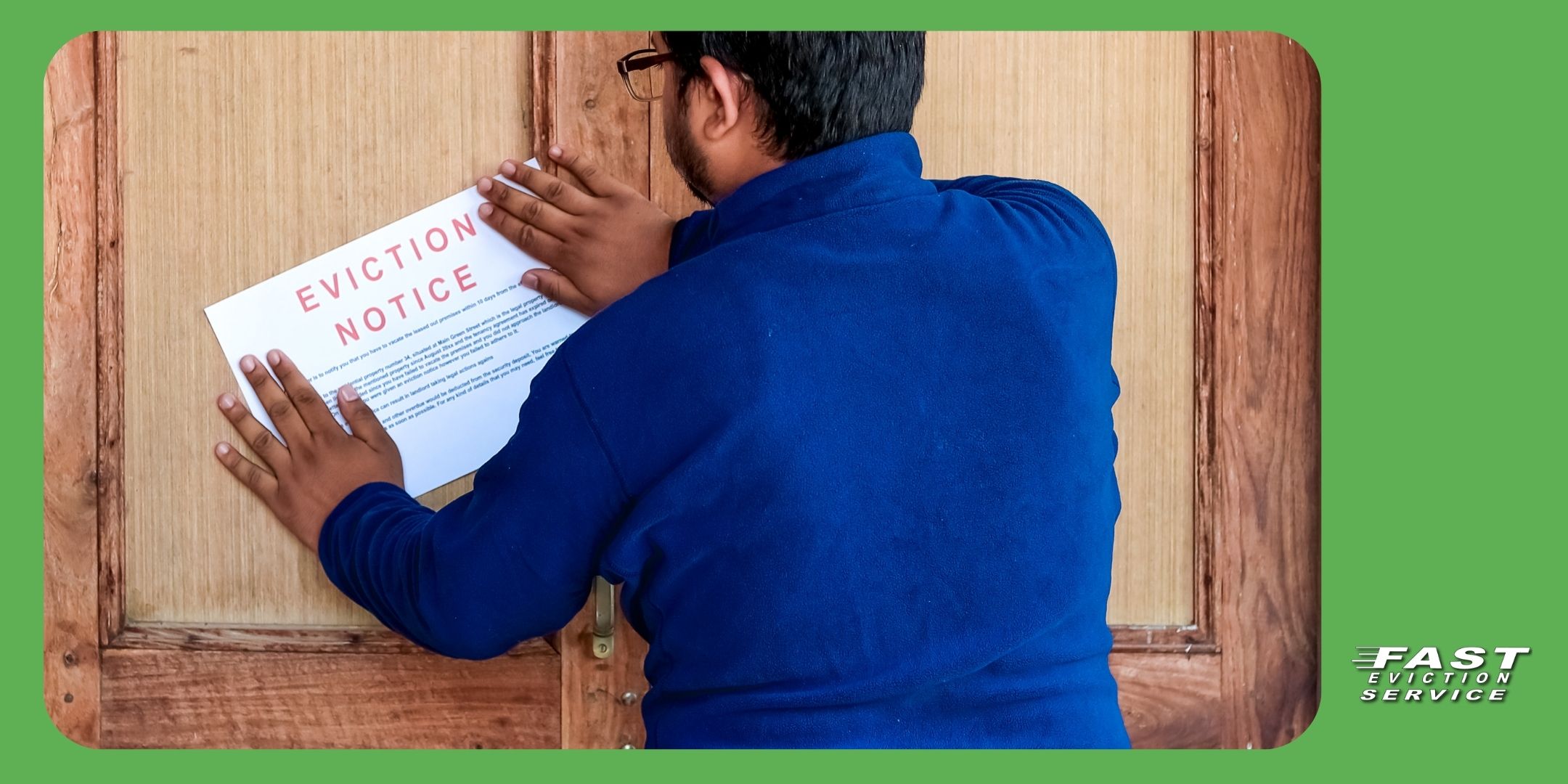Update 03/28/25
Finding the perfect tenant isn’t just about filling a vacancy—it’s about building a partnership based on trust, responsibility, and financial stability. As a landlord with over 15 years of experience, I’ve seen it all. From dream tenants who treat the home like their own, to those who leave behind chaos and unpaid rent, I can tell you one thing for sure: what landlords look for in a tenant has everything to do with reducing risk and creating peace of mind.

If you’re a renter trying to understand how to qualify for an apartment, getting into the landlord’s mindset can make all the difference. Tenant screening isn’t meant to be invasive—it’s about ensuring a good fit for both sides. In this article, I’ll walk you through the key factors landlords consider and how you can make your rental application stand out, even if you’ve hit some bumps in the road before.
Table of Contents
- Why Landlords Screen Tenants Carefully
- How Credit Scores Affect Your Rental Application
- What Counts as a Strong Rental History
- Proving Sufficient Income: Documents to Gather
- Understanding Criminal Background Checks in Tenant Screening
- Tips for Renting with Poor Credit or a Spotty History
- Fair Housing Rules: Know Your Rights as a Renter
- Final Thoughts: How to Strengthen Your Rental Application
- Frequently Asked Questions
Why Landlords Screen Tenants Carefully
Tenant screening is the foundation of good property management. It helps landlords avoid costly mistakes like unpaid rent, property damage, or frequent turnover. The rental process is an investment, and every decision a landlord makes is tied to protecting their property.
When you consider how much time and money goes into preparing a unit, advertising it, showing it, and finally signing a lease, you realize why landlords don’t just rent to the first applicant. We’re looking for signs that you’ll pay on time, communicate clearly, and respect the space and lease terms.
Landlords also use a tenant screening checklist to evaluate applicants consistently. This includes looking at your credit report, rental history, income, background check, and employment verification. We’re not expecting perfection—but we do want transparency and responsibility. Knowing what landlords look for in a tenant can help you prepare and avoid surprises.
How Credit Scores Affect Your Rental Application
Your credit score tells a story about how you manage money. It doesn’t have to be perfect, but it does need to show that you pay your bills and debts consistently. Most landlords prefer a credit score above 620, but many consider lower scores if the rest of the application is strong.
Why does this matter so much? Because rent is often a tenant’s biggest monthly expense. If you’ve missed payments in the past or carry high credit card balances, it signals a possible risk. Your credit report also includes details like late payments, charge-offs, and collections.
The credit score needed to rent varies, but the higher your score, the more options you’ll have. If you’re worried about your score, be upfront. A good letter of explanation and solid proof of income for renting can sometimes balance things out. Remember, credit is just one piece of the puzzle.
What Counts as a Strong Rental History
Rental history is a landlord’s way of seeing how you’ve behaved in past housing situations. We look at whether you paid rent on time, followed the lease rules, and left the unit in good condition. One or two bumps won’t ruin your chances, but a pattern of late payments or evictions is a red flag.
An eviction report for landlords is easy to obtain during screening. If you have an eviction on your record, it’s important to address it honestly. Was it a one-time issue due to a job loss or personal emergency? Show how you’ve improved your situation since then.
A strong rental history also includes positive references. If you have a past landlord who can vouch for you, include their contact information. It helps us feel more confident that you’re a responsible tenant who takes pride in where you live.
Proving Sufficient Income: Documents to Gather
Landlords want to make sure you can comfortably afford the rent. That’s where the income to rent ratio comes into play. Most of us look for tenants whose monthly income is at least 2.5 to 3 times the rent. This helps ensure you won’t struggle to keep up with payments.
To prove your income, you’ll need to provide documents. This could include recent pay stubs, W-2s, tax returns if self-employed, or a letter from your employer. If you receive benefits or other forms of income, make sure they’re documented too.
Having these ready in advance shows you’re organized and serious about the rental. It’s one of the top rental application requirements landlords look for.
Understanding Criminal Background Checks in Tenant Screening
Tenant background checks often include a criminal history search. But here’s the truth: most landlords don’t automatically deny applicants because of a record. We consider the type of offense, how long ago it happened, and what’s happened since.
For example, a non-violent misdemeanor from ten years ago is viewed very differently than a recent violent felony. We’re trying to protect our property and other tenants, but we also recognize that people can grow and change. California, for example, has strict rules about what we can and cannot consider.
So, if you’re concerned about your background check, be proactive. Explain the situation, and if possible, provide character references. Many landlords are more flexible than you might expect—as long as you’re honest.
Tips for Renting with Poor Credit or a Spotty History
Bad credit rental tips usually focus on one thing: showing your strengths in other areas. If your score is low or your rental history has gaps, you can still qualify. It just takes a little more work.
One way is to offer a larger deposit or find a co-signer with stronger financials. Another is to provide letters of reference from employers, past landlords, or even community leaders. Steady income and a good explanation of past issues go a long way.
Some tenants also create a renter’s resume—a simple document that outlines your rental history, employment, income, and references. It may sound formal, but it helps you stand out in a competitive market and puts your best foot forward.
Fair Housing Rules: Know Your Rights as a Renter
Landlords must follow the Fair Housing Act, which prohibits discrimination based on race, color, religion, sex, national origin, disability, and family status. In California, additional protections exist for things like sexual orientation and source of income.
What does this mean for you? It means landlords cannot reject your application based on personal characteristics or assumptions. We can only consider objective factors related to your ability to pay rent and care for the property.
Understanding your rights is just as important as understanding what landlords look for in a tenant. If you ever feel you’ve been treated unfairly, you can contact a local housing authority or fair housing organization for support.
Final Thoughts: How to Strengthen Your Rental Application
If you want to know how to qualify for an apartment, the answer lies in preparation. Think like a landlord: would you rent to you? Gather your documents, know your credit situation, and be upfront about any red flags.
Keep in mind that every landlord is different. Some are stricter, while others are more flexible. But all of us appreciate honest, responsible applicants who treat the rental process with respect.
Use this article as your tenant screening checklist. If you’re unsure about something, ask. Communication can make a huge difference. At the end of the day, landlords aren’t just screening tenants—we’re looking for someone we can trust.
Frequently Asked Questions: What Landlords Look for in a Tenant
What credit score do most landlords look for?
Most landlords prefer a score above 620, but some will consider applicants with lower scores if other parts of the application are strong.
Can I rent with an eviction on my record?
Yes, but you’ll need to explain the circumstances and show how your situation has improved.
What is the income to rent ratio?
Typically, landlords want your monthly income to be 2.5 to 3 times the monthly rent.
Do landlords run background checks on all tenants?
Most do, but they focus on relevant information such as criminal history, rental behavior, and credit patterns.
What documents do I need to rent an apartment?
You’ll need proof of income, ID, rental history, and possibly references or a co-signer.

